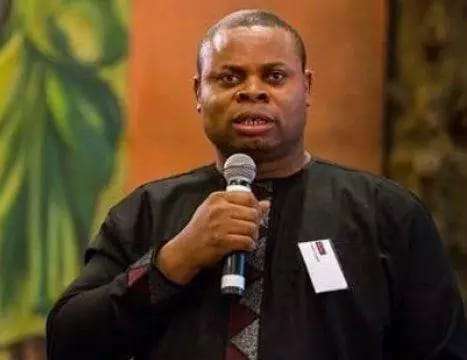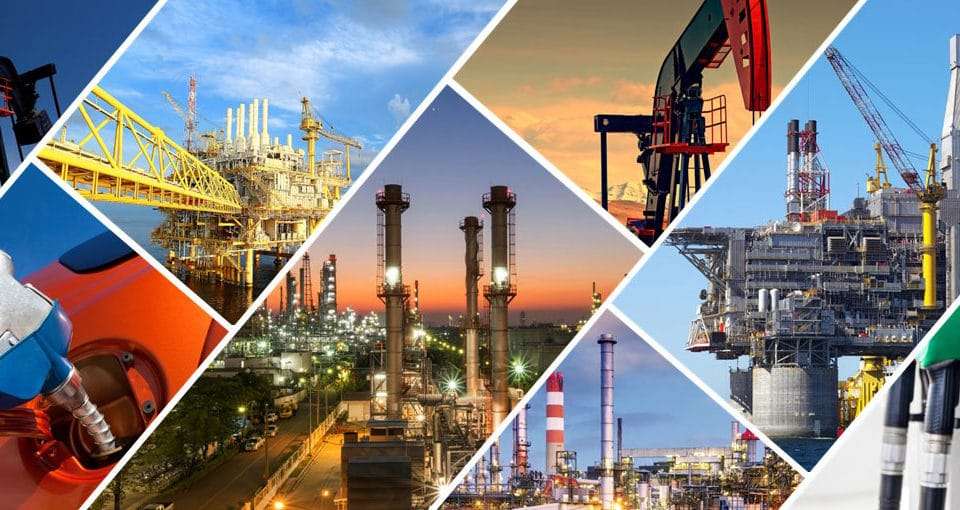IMANI Africa has invited stakeholders to a consultative forum to explore opportunities for scaling up financial investment in Ghana’s Energy Transition Plan and accelerate the country’s transition to a sustainable energy future.
As highlighted by Franklin Cudjoe, IMANI Africa’s Founder and President, Ghana has committed to transition towards a low-carbon economy, by implementing a decarbonization strategy that promotes the adoption of clean energy technologies and reduces greenhouse gas emissions in the energy sector.
He also noted that the Energy Transition Framework provides a clear pathway for Ghana to achieve its ambitious goal of reaching net-zero emissions by 2070, outlining the key strategies and actions needed to drive the energy transition forward.
As such, Franklin Cudjoe emphasized that achieving this ambitious goal requires Ghana to allocate approximately US$562 billion towards strategic investments in cutting-edge clean energy technologies and innovative solutions.
However, he highlighted that Ghana’s energy transition framework lacks the necessary innovative policy solutions and investment promotion strategies to attract and mobilize both public and private sector funding, which is essential for its successful implementation.
“A myriad of factors including macroeconomic constraints, technical capacity gaps, and weak institutional readiness continue to impede the mobilization of financial investment into critical sectors of the energy transition plan”.
Franklin Cudjoe
Furthermore, Franklin Cudjoe observed that these factors, combined with the existing difficulties in mobilizing climate finance, hinder Ghana’s ability to attract the necessary financial investment for its energy transition plan, thereby undermining the country’s readiness to implement its ambitious goals.
Despite the challenges, Franklin Cudjoe highlighted that Ghana has vast opportunities, both domestically and internationally, to tap into various financial resources and mobilize the necessary funding to execute the strategies outlined in the energy transition plan.
As such, Franklin Cudjoe emphasized the need for a collaborative platform, bringing together stakeholders and experts from various sectors, to discuss and address the challenges, and identify practical solutions to unlock the financial resources required for Ghana’s energy transition.
Ghana’s Financing Ecosystem Under the Microscope
Franklin Cudjoe revealed that the IMANI Centre for Policy and Education, in collaboration with the Climate Compatible Growth Program at Loughborough University, has conducted a comprehensive analysis of the financing ecosystem and engaged key stakeholders in and outside Ghana.

This analysis Franklin Cudjoe indicated, has identified the essential policy reforms necessary to tap into available financing opportunities and drive Ghana’s energy transition forward.
He added that the report outlines specific policy recommendations that are crucial for creating an enabling environment that fosters investment in Ghana’s energy transition plan, thereby attracting the necessary funding to drive the country’s sustainable energy goals forward.
“We are pleased to invite only focused or related practitioners of climate policy and activists to a stakeholder consultative engagement to share the findings of the report”.
Franklin Cudjoe
Franklin Cudjoe announced that a panel discussion will ensue, focusing on exploring financing opportunities that support Ghana’s energy transition plan without placing a financial burden on the government.
As such, he encouraged all relevant stakeholders interested in attending the consultative forum to register their participation with IMANI Africa, which is scheduled to take place on June 19th, 2024, at the Tang Palace Hotel, Roman Ridge.
According to the Ministry of Energy, Ghana recognizes that the energy and transportation sectors are key areas in reducing emissions hence its commitment to transition to the production and utilization of clean energy and the implementation of measures to mitigate any emissions that occur in the process.
The Ministry asserted that Ghana, as a signatory to the Paris Agreement on Climate Change, is committed to implementing its Nationally Determined Contributions (NDCs) to contribute efforts towards combating climate change and its effects.
The Energy Transition Framework seeks to guarantee the best fuel supply security through the provision of a diversified energy mix and cost-efficient electricity generation to accelerate socio-economic development.
READ ALSO: Ghanaians Advised to Avoid Unnecessary Competitions





















